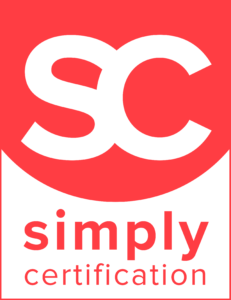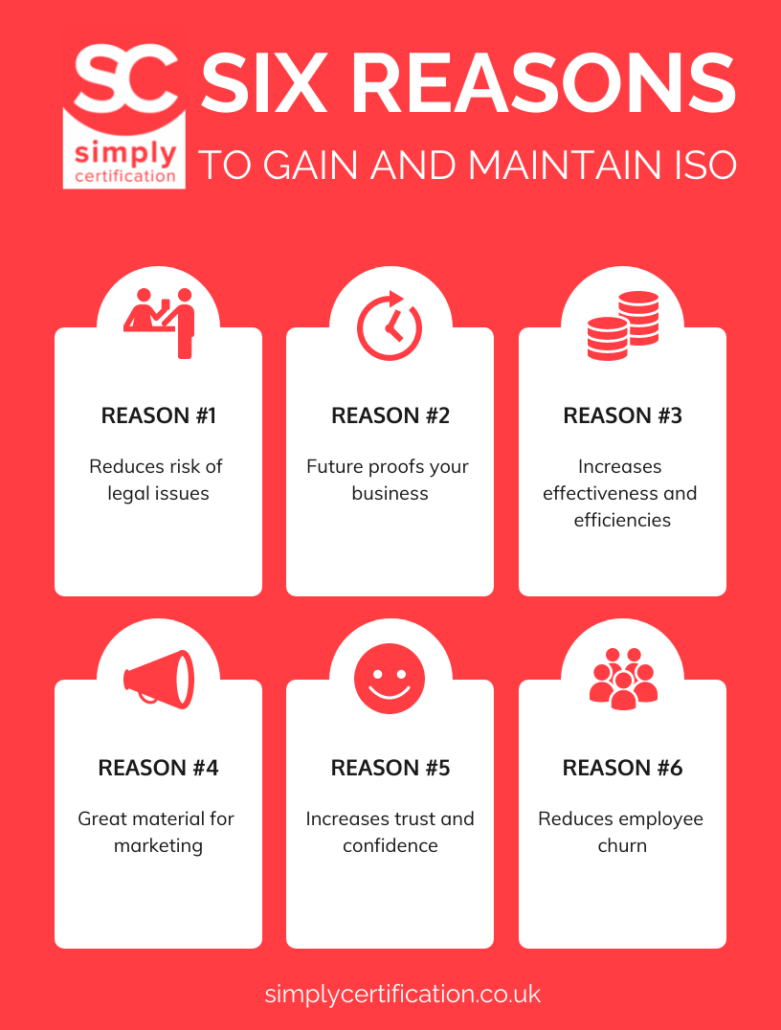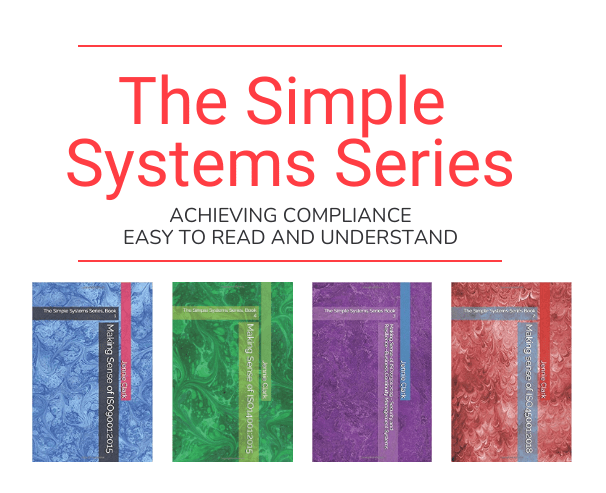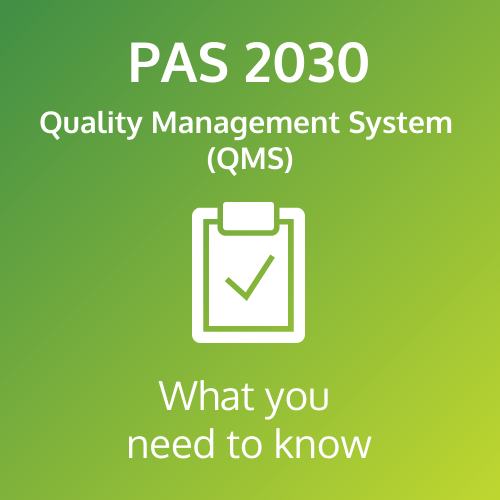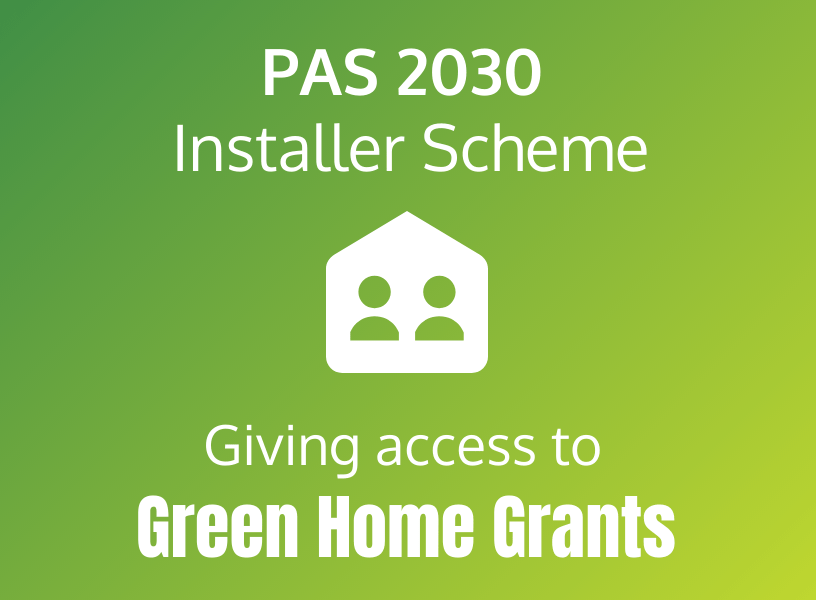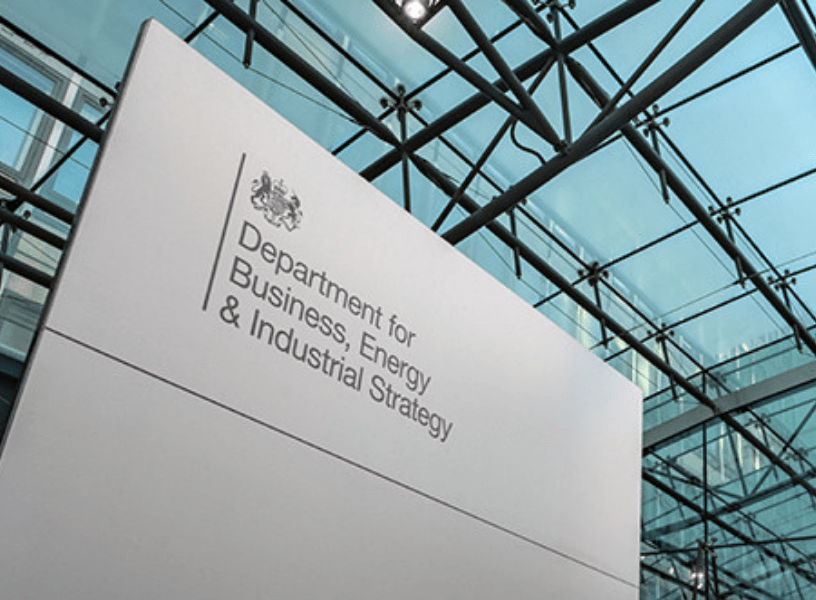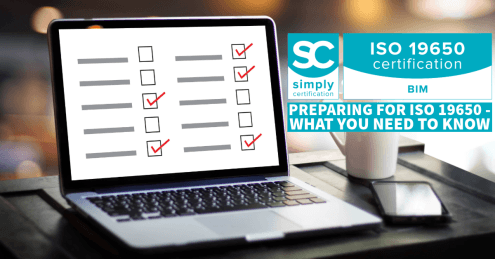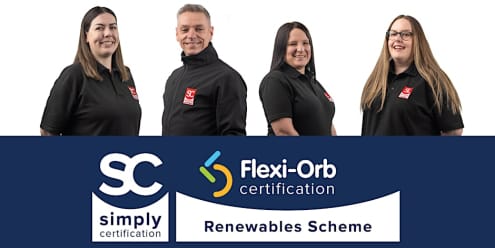
Why would you need PAS 2030 if Green Homes Grant is no more?
The news over the weekend that Green Homes Grant applications will close on 31 March 2021 came as a disappointment for many. Especially organisations, who were triggered by the opportunity of GHG, and who had already invested in gaining the skills and implementing systems to meet the PAS 2030/35 standard.
PAS 2030 will continue to be a huge benefit
Let us put your mind at ease. There are a number of funding schemes. Green Homes Grant is just one of these.
Since 2006 there has been some form of funding to make homes energy efficient, and having PAS 2030/35 is still a requirement and will continue to be the case.
BEIS is still committed to ensuring a compliant, skilled and competent workforce
PAS 2030/35 is till here and is as important as ever. These standards underpin the requirements to get existing properties energy efficient, and although the specific scheme GHG is going, this is absolutely not the end of schemes or the need for PAS 2030/35.
Future proof your business – gain a competitive advantage
The decision to gain PAS 2030 should not be based on one particular funding scheme that has a 12 month shelf life.
Gaining this certification is a strategic decision that will help future proof your business as gaining certification will open up so many more avenues and benefits to be had:
1. Benefiting from being part of the drive to get the UK to become net zero by 2050
There is no getting away from this. The Government has a commitment to ensure all buildings become energy efficient to help meet its target of the UK becoming net zero by 2050.
How to incentivise the owners of the buildings/properties to do this is one thing the funding schemes are trying to achieve. So incentive mechanisms such as GHG will always evolve and change.
But being able to demonstrate competency on the retrofit of dwellings will always remain i.e. PAS 2030/35.
2. Larger public sector and private sector contracts
PAS 2030/35 is quickly becoming a key requirement for installers to have in order to gain work on public sector contracts. The standard is recognised as best practice to ensure a retrofit is energy efficient. If you don’t have the standard then you will not qualify for opportunities like these.
3. Having a quality management system and highly competent installers will help your business flourish
In order to gain PAS 2030 certification you have to ensure your businesses functions are robust. That you are able to record feedback and continually learn and improve.
A QMS that meets the PAS 2030 standard will allow you to monitor the process from start to finish.
Your team will need to be qualified and demonstrate high degrees of installation.
All of these factors lead to a robust infrastructure of a business – leading to high levels service.
4. Incentives
We wanted to put this last, as it shouldn’t be the only driver as all of the points above also provide a strong case to why you should implement PAS 2030/35 and gain certification for the standard.
As mentioned earlier, GHG is only one pot of funding. Currently there are also ECO3 and LAFlex that can be accessed – and in the future there is a strong possibility more will be launched.
Don’t wait, be ready… get PAS 2030/35
No doubt funding pots will come and go as the Government try and come up with new workable ways to incentivise the public, landlords and business owners into making their properties energy efficient.
The one staple will be PAS 2030/35 which enables them to achieve it. So if you haven’t already gained certification, now actually is a really good time to start!

